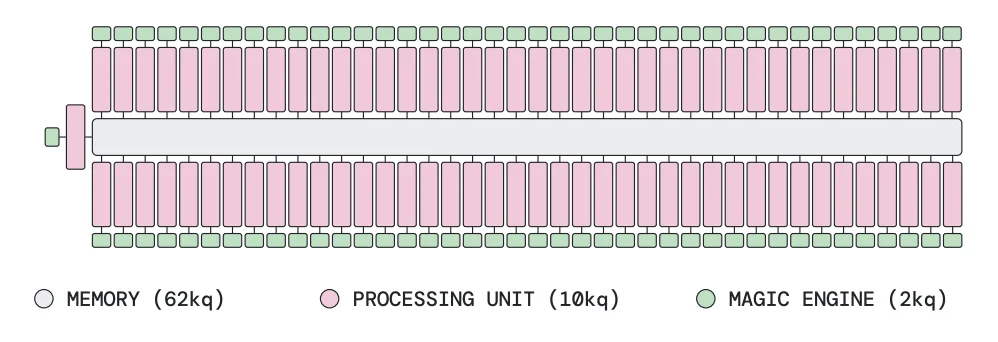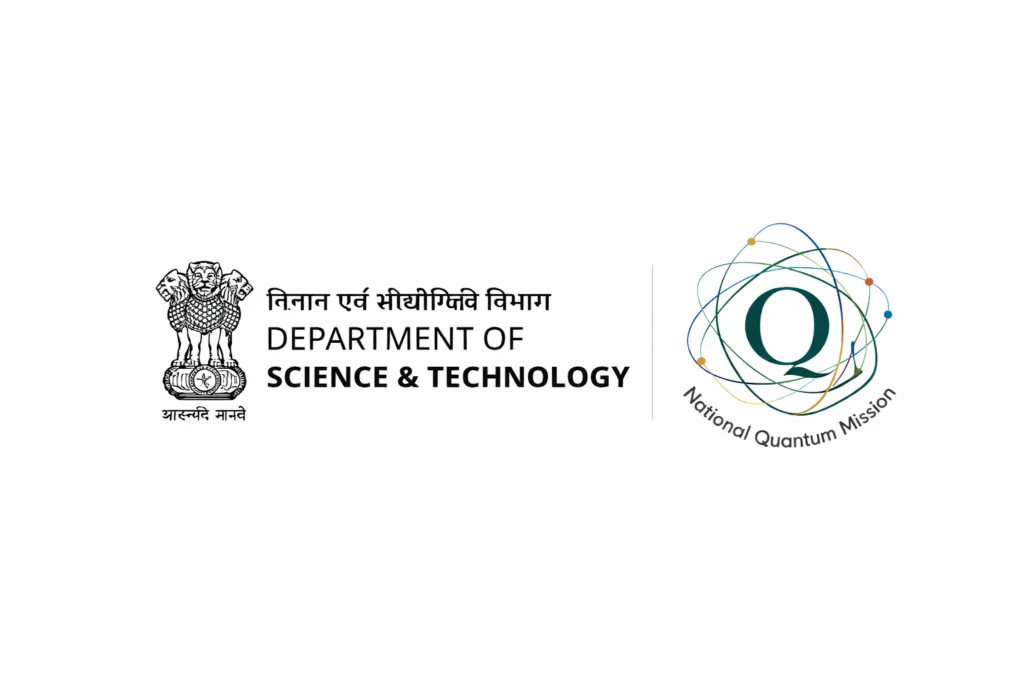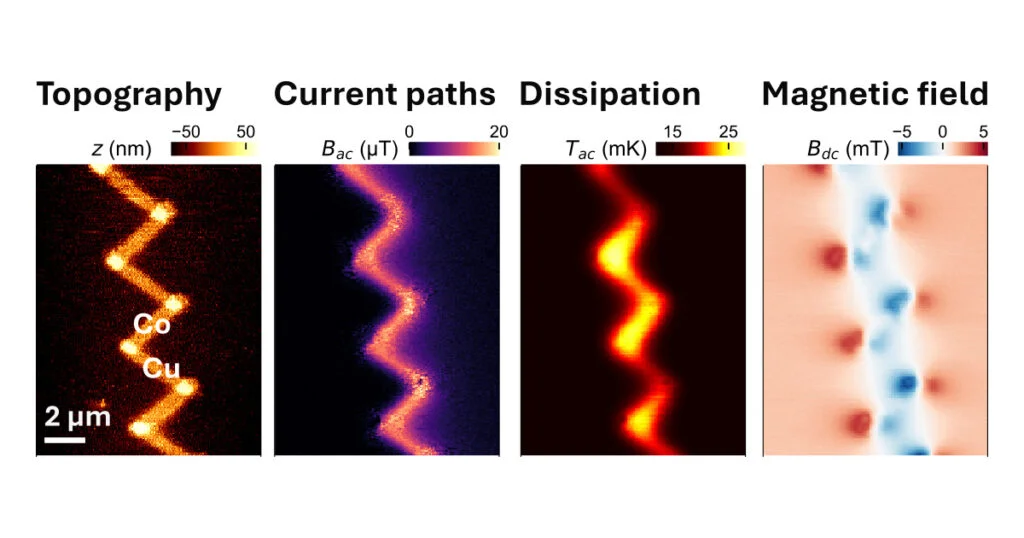Insider Brief
- Quantum can help develop cutting-edge technologies, enhance national security and progress towards its NATO defense spending targets, according to an opinion piece in The Hill.
- Quantum experts suggest the dual-use of quantum tech offers the country both challenges and opportunities, but it can’t be ignored.
- The piece was written by Tracey Forrest, Paul Samson and Raymond Laflamme.
One technology can help Canada simultaneously develop cutting-edge technologies, enhance national security and progress towards its NATO defense spending targets. According to an opinion piece in The Hill by Tracey Forrest, Paul Samson, and Raymond Laflamme, a new generation of quantum technologies offers this multifaceted opportunity.
Quantum technologies, though still emerging, have already shown the potential to revolutionize various sectors. First-generation technologies such as lasers, semiconductor-based transistors, and magnetic resonance imaging (MRI) have had profound impacts, according to Forrest, Research Director for Transformative Technologies at the Centre for International Governance Innovation; Samson, President of the Centre for International Governance Innovation and Laflamme, Professor at the Institute for Quantum Computing and the Department of Physics and Astronomy at the University of Waterloo.
Today’s progress in quantum promise unique capabilities by leveraging and controlling previously inaccessible properties of nature.

Dual-Use Potential and Strategic Applications
Quantum technologies represent a unique technology with power that must be carefully deployed, the writers point out in the Canadian political and government news source.
“As a dual-use technology, quantum can be used for both significant benefit and harm,” they write. “It’s a new paradigm for achieving the ultimate level of efficiency that nature allows.”
This new paradigm allows for unprecedented efficiency in applications ranging from materials discovery, drug design and chemistry to advanced diagnostics, mineral exploration and environmental monitoring. Quantum computers, in particular, are set to redefine computing with their unmatched speed and capacity.
These capabilities extend into the realm of national security, where quantum technologies could provide strategic military advantages. Quantum systems could potentially crack adversaries’ encryption, enable unbreakable communications, and enhance detection of sub-surface and stealth targets. The convergence of quantum technology with artificial intelligence (AI) and autonomous systems amplifies both opportunities and risks.
Urgent National Security Considerations
Quantum computing is at the center of urgent national security issues, according to the writers. Malicious actors theoretically could be storing current internet traffic to decrypt it in the future with quantum computers. While credit card numbers are regularly updated, sensitive financial, healthcare and government data remain vulnerable.
In response, the U.S. National Institute for Standards and Technologies has been working since 2016 to develop cryptographic methods resilient to quantum computing threats. New standardized codes are expected to be announced this year, and the transition to these codes will necessitate a comprehensive understanding of supply chains, quantum risks, and collaboration with technology companies.
Canada’s Leadership Potential
Canada had a strong expertise in cryptography and a robust ecosystem of mature companies and start-ups. That puts the country in a position that it can lead in the coordination and implementation of secure quantum technologies.
They write: “Indeed, building secure cryptography and quantum technology presents a unique opportunity to bolster Canada’s economic productivity and military capability.”
According to the researchers, one approach to bolstering that economic and military potential is to increase research and development (R&D) expenditures under the defense budget. NATO’s definition of defense expenditure includes basic R&D costs, even those not directly tied to equipment production. Although Canada’s 2024 federal budget recognized the importance of cyber, climate and outer space threats, it projected defense spending to reach only about 1.75% of GDP by 2030, falling short of the NATO target of 2%.
Strategic Investments in Quantum R&D
To bridge this gap, the writers advise that Canada should advocate for increased spending on R&D for quantum and other emerging technologies under the defense budget. Further, Canada should push for the inclusion of such R&D within NATO’s definition of defense expenditure, given the strategic importance of these technologies.
The writers add that the nation’s leadership in quantum science offers then an opportunity to attain global leadership in the technology — if the country is willing.
“Canada has been a world leader developing quantum science and technologies in large part due to early investments by public and private sectors. The government’s 2023 National Quantum Strategy and the military’s quantum science and technology strategy reinforce this direction,” the authors write. “But why doesn’t Canada aim to compete more actively internationally? Over the next few years, Canada has opportunities to become the world leader on many aspects of quantum technology and regulation. Moreover, as chair of the G7 in 2025, Canada can lead in shaping international coordination on quantum technologies, alongside artificial intelligence.”
New Threats and the Path Forward
Emerging threats in the Arctic necessitate Canada’s strengthening of its technological capabilities, such as quantum-enhanced radar and quantum-enhanced light detection and ranging. Fiscal constraints should not deter allied pressure. Canada can progress towards its NATO spending targets through strategic investments in quantum R&D.
Regardless of the next American president, national security threats will require Canada to adopt a transformative approach
“A focus on new technologies is exactly what’s needed,” the team writes.















